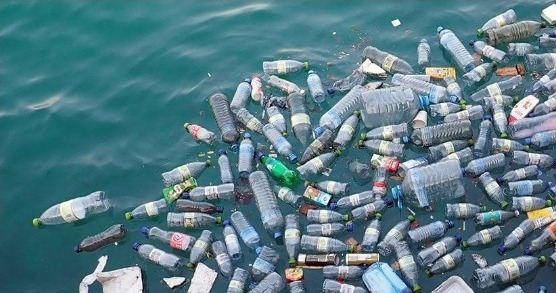Advanced recycling techniques can convert hard-to-recycle plastics into products with much less carbon footprint than those made with raw materials. This process also helps reduce greenhouse gas emissions and energy usage compared to other methods, such as landfilling and converting waste to energy. The advanced recycling process includes building bottle return depot and is increasingly efficient and vital in achieving global sustainability goals.
Sustainability goals through plastic recycle
Good health and well being
Plastics are made of polymers and additives that include plasticizers and flame retardants. These additives add desired properties to the plastic and may affect hormone balance in humans and animals. Other substances that are hazardous to health are nano plastics, which are too small and can enter tissue cells of the brain and gut, causing local inflammation.
Sanitation and clean water
The quality of water must be improved to attain sustainability goals. Water needs to be purified by reducing inland bodies’ pollution, which will help get purified water.
Sustainable community and city
Although an essential step, the collection and processing of waste are often missing and have caused many problems in the dense population; for example, bottle depots are not very common in many areas.
Responsible consumption and production
Plastic is being produced and consumed hugely. Due to COVID-19, single-use plastic items have been excessively used and have contributed significantly to land and sea pollution. This pollution harms the ecosystem, endangers many animal lives, and pollutes people’s food. Waste management can be done by burning plastic, which produces toxic air pollution. The best way to tackle this is by absolutely reducing plastic production.
Climate action
Fossil fuels, typically shale gas and oil, make up most of the plastic. A lot of energy is consumed while making plastic; approximately 10% of fossil fuels are used overall, half of which is used to make plastic. Reducing carbon dioxide is the environmental goal, and plastic production and consumption have smaller carbon footprints than paper or metal. But end-of-life damage is caused by plastic. Bottle waste can be controlled by handing over the waste to bottle depots.
Protection of oceans and seas
It is one of the sustainability goals to avoid and reduce sea pollution that may originate from waste on land. Almost 80% of marine waste comes by hand. Reduction of plastic is essential that is present in the sea. We can attain huge benefits if plastic consumption is reduced and effective waste collection systems like bottle depots in Calgary or elsewhere are implemented. Conducting regular cleanups at beaches and capturing plastic waste from the seas is essential, but these steps are of little use if the plastic flow is not reduced.
Retain biodiversity and retain ecosystems
Nanoplastics and chemical additives have endangered the ecosystem on sea and land. Plastic can suffocate and make it difficult for animals to consume enough food. Make coral reefs sicker. Reduction in plastic and microplastic will lead to a quick ecosystem recovery.
READ ALSO: Red Business Trends – Products Paper
Conclusion
Chemical recycling tends to help the community achieve sustainability goals and a circular economy. If we build a bottle return depot nearby, we can handle bottle waste more effectively. If chemical recycling technologies are widely practiced, we might succeed in recycling half of all plastic packaging by 2040. New recovery and recycling techniques produce virgin feedstock and reduce the process of downcycling, which decreases product quality over time. This new technology handles impurities, low-quality and low-density plastics, and mixed polymers. Many collection points have been made for plastic bottle waste, like a bottle depot in Calgary and elsewhere.
Author



